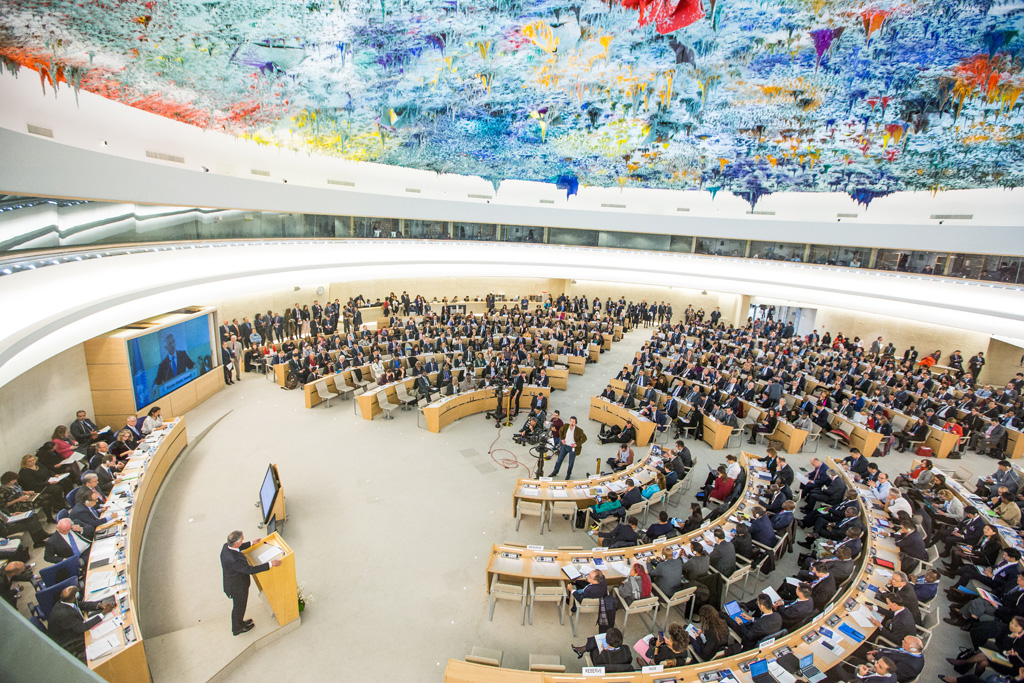UN High Commissioner slams Belarus over refusal to cooperate with human rights mechanisms
Governments around the world should not refuse to cooperate with UN human rights mechanisms, UN High Commissioner Zeid Raad al-Hussein said at the opening of the 35th session of the Human Rights Council in Geneva.
The United Nations human rights chief decried some governments for cutting off or selectively choosing how they cooperation with his office and UN bodies, UN News Center said.
“It would be intolerable if delegations were to conclude that by maintaining minimal engagement with the human rights mechanisms they can evade or betray those commitments to their own peoples, and to the peoples of the world,” the UN High Commissioner for Human Rights said.
He underscored that every Government is party to at least one of the nine core human rights treaties and has accepted that it “is the duty of States, regardless of their political, economic and cultural systems, to promote and protect all human rights and fundamental freedom.”
He noted a number of countries which are not members of the Council, which have not permitted any visits by Special Procedures representatives, such as Special Rapporteurs.
Recalling the need to cooperate with international mechanisms, the High Commissioner criticized the government of Belarus, North Korea, Eritrea, Israel and Iran for their refusal to recognize the mandate of the UN Special Rapporteurs.
“The Governments of Belarus, the Democratic People's Republic of Korea, Eritrea, Israel and Iran have also rejected resolutions creating country-specific mandate holders for them, and consequently do not allow visits by those mandate holders,” the High Commissioner said.
At the same time, he stressed that a number of countries were changing their attitude to the UN human rights mechanisms and were opting for more cooperation. These include Uzbekistan, which was recently visited by the High Commissioner. At the same time, he stressed that Uzbekistan still “faces major human rights challenges but the leadership is, I believe, pointing the country in the right direction.”
During the current session, Miklos Haraszti, UN Special Rapporteur on Belarus, whose mandate is not recognized by the Belarusian authorities, is expected to present to the Human Rights Council his latest report on the situation in the country. Discussion of the report is scheduled for June 14. After that, the Human Rights Council will vote on the extension of the mandate of the Special Rapporteur on Belarus. Ahead of the crucial vote, Belarusian and international human rights activists have held a number of meetings with representatives of various member states of the Human Rights Council in Geneva, urging them to support the renewal of the mandate.
The UN Human Rights Council consists of 47 member states. The group of Eastern European countries has six seats. In 2017, this group is represented by Albania, Hungary, Georgia, Latvia, Slovenia, and Croatia.


















